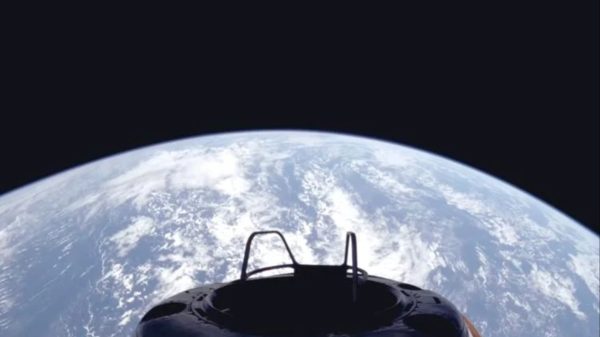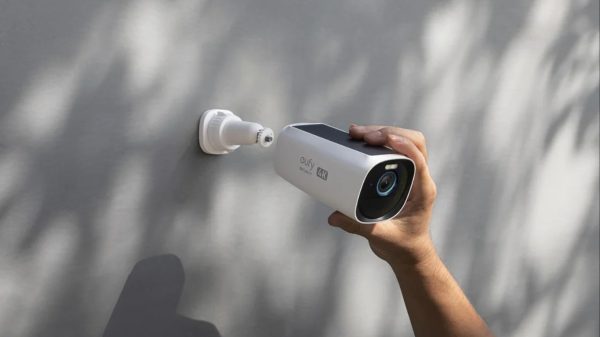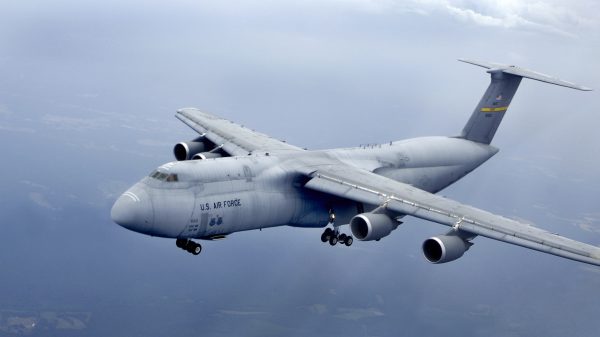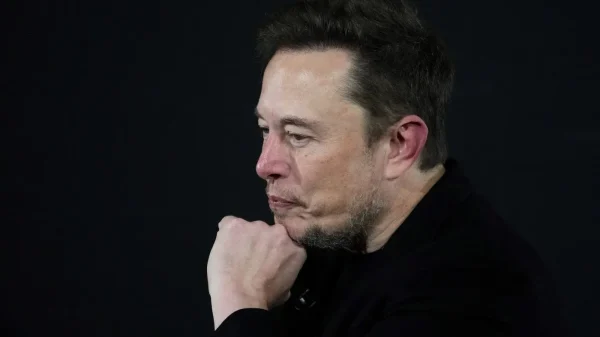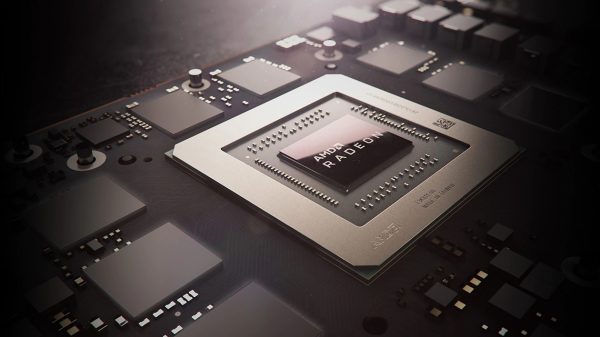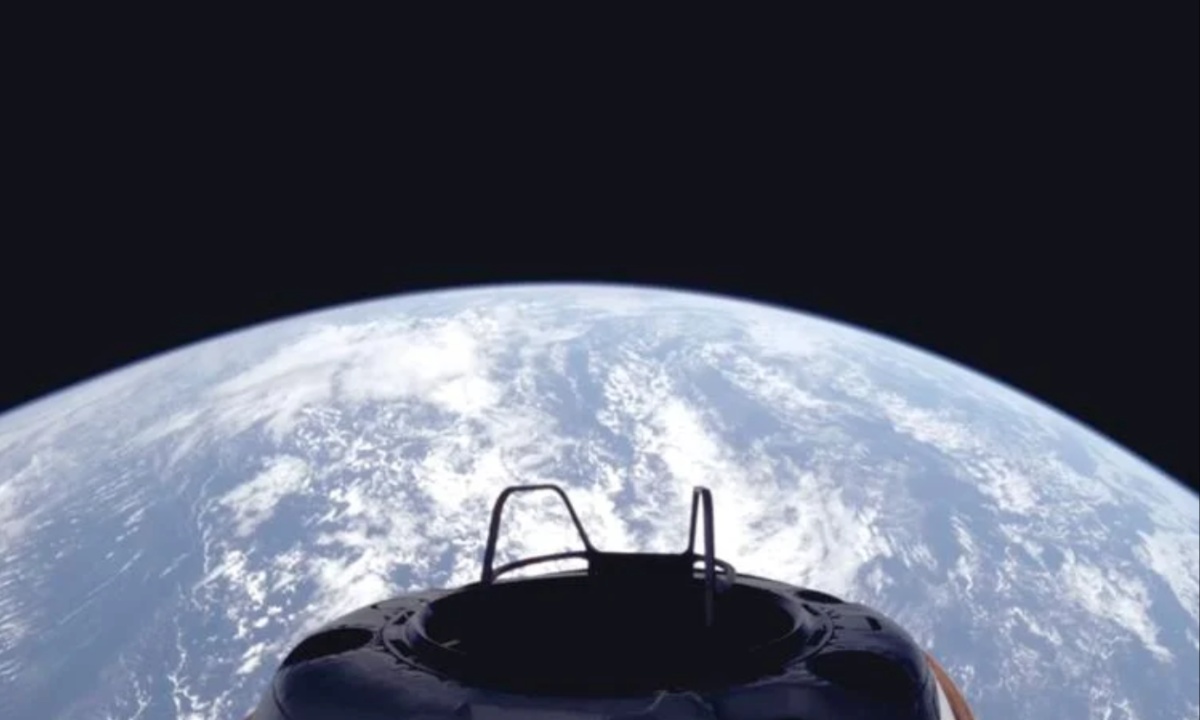In recent developments, SpaceX launched four private astronauts into orbit, marking the first spacewalk conducted by private citizens, rather than government-trained astronauts. This event highlights the growing field of commercial spaceflight, which raises questions about whether space travel will become accessible to all or remain a luxury for the wealthy.
SpaceX, along with other spacefaring entities like NASA, China, and the UAE, has ambitious plans for human exploration of Mars, though the challenges of long-distance space travel, particularly its impact on human health, remain formidable.
Space travel poses numerous health risks, including exposure to radiation and microgravity, both of which can damage the human body. Radiation increases the likelihood of developing cancers and neurological disorders, while microgravity causes muscle and bone loss, along with fluid shifts in the body.
Scientists are investigating potential solutions to these problems, with some bioethicists suggesting that editing astronauts’ genomes before launch could offer better protection from the harsh conditions of space. However, such proposals veer into the realm of science fiction for now.
One significant study on the effects of long-term space travel involved identical twin astronauts Mark and Scott Kelly. With one twin spending a year in space while the other remained on Earth, researchers observed notable genetic changes between them.
These changes, particularly in the spacefaring brother, were likely responses to the stress and DNA damage caused by space radiation. Some of these effects persisted for over six months after returning to Earth, emphasizing the long-term impacts of space travel on human health.
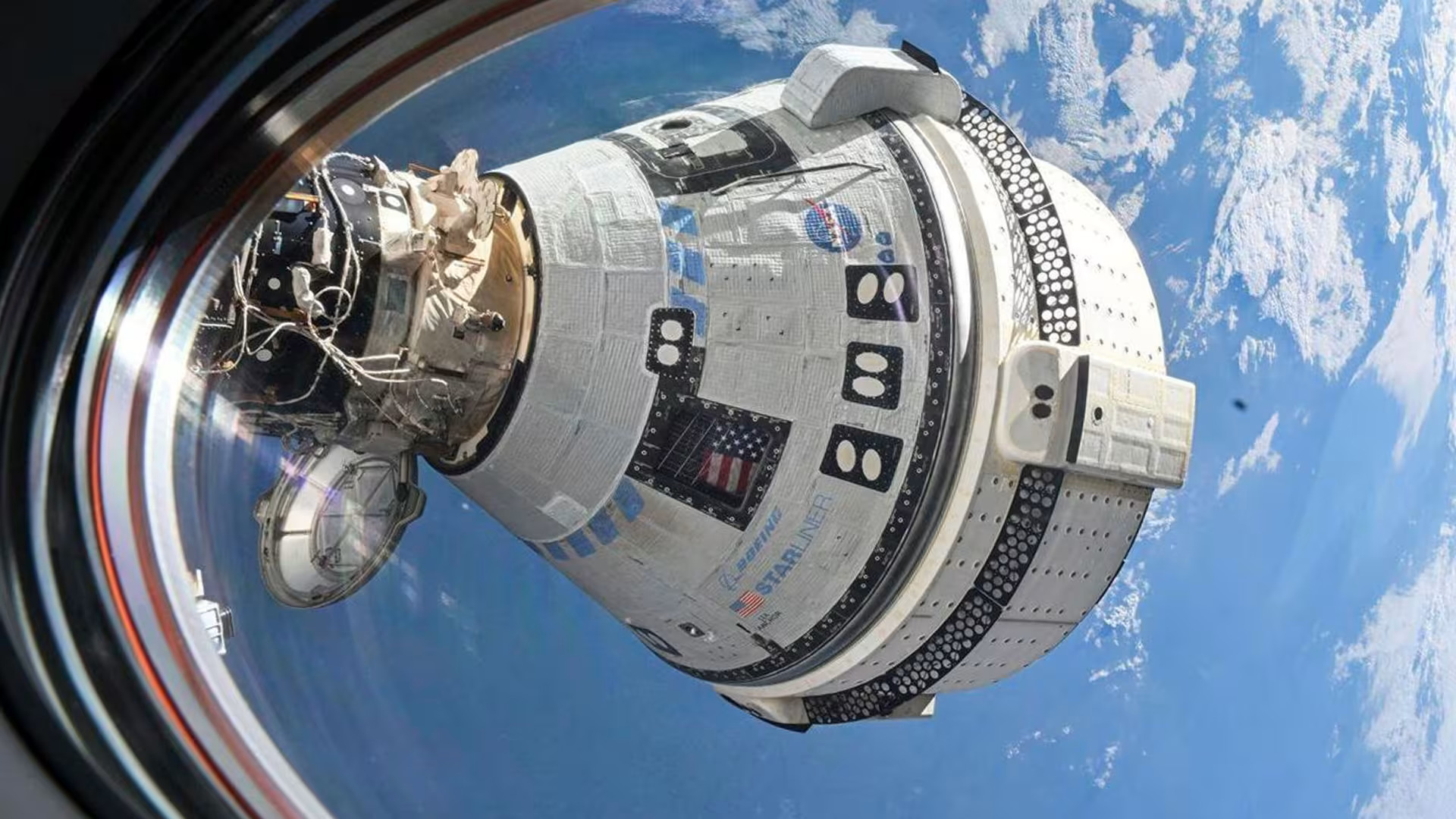
SpaceX’s Private Spacewalk Sparks Debate on the Future of Space Travel and Human Health Risks
Additional risks of space travel include physical injuries and psychological strain. Astronauts on the International Space Station have reported frequent injuries from floating tools and malfunctioning equipment.
The isolation and confinement of space also take a mental toll on astronauts, leading to psychological distress. This complex set of challenges means that space travel, especially for extended missions, requires extensive preparation and monitoring of both physical and mental health.
Private space travel introduces further complications, as it lacks the stringent health screening and rigorous training typically required by national space agencies. Unlike astronauts, space tourists may have underlying health conditions that could worsen in space.
The potential effects of space travel on people with conditions like high blood pressure or diabetes remain largely unknown, adding to the uncertainties surrounding private space missions.
One proposed solution to these health risks is gene editing, which could theoretically equip astronauts with genetic adaptations that enhance their survival in space. For instance, people who live in high-altitude environments have genetic traits that allow them to thrive in low-oxygen conditions.
Similar traits could be engineered into astronauts to protect them from the dangers of space, though this could lead to the creation of a new species—Homo spatialis—designed for life in space. However, gene-editing for space travel is not yet feasible.
Some experts, like bioethicist Rosario Isasi, believe that gene-editing might one day become a necessity for astronauts embarking on long-duration space missions. However, critics like Paul Root Wolpe argue against altering the human genome, warning of potential unforeseen consequences. Advances in precision medicine could offer safer, individualized treatments for space travelers without the need for genetic modifications.
In the meantime, genetic testing could provide valuable insights into individual risks for space travelers, such as their vulnerability to radiation. This would allow astronauts and space tourists to make more informed decisions about their readiness for space travel.
Ultimately, ensuring the safety of those venturing into space is critical, given that the human body was never designed for such extreme conditions. Space tourism, though potentially exciting, comes with unique and serious risks that must be addressed.






